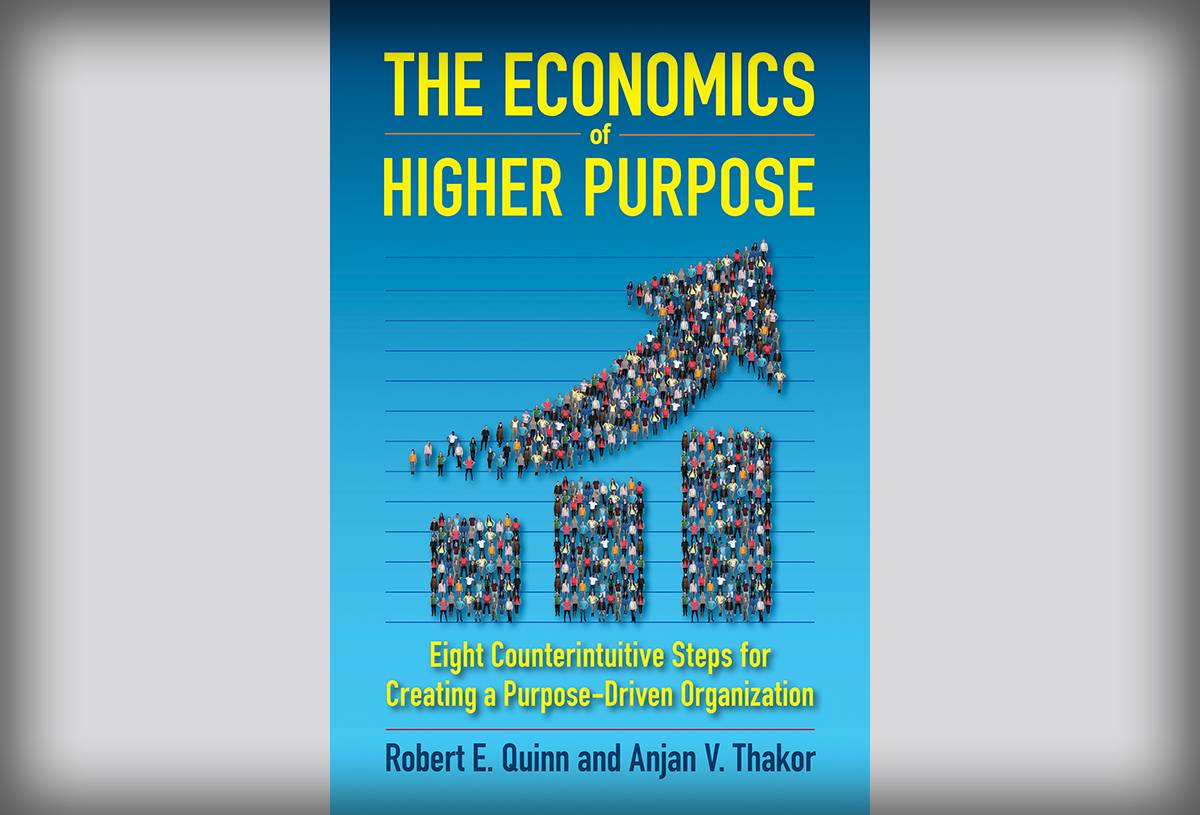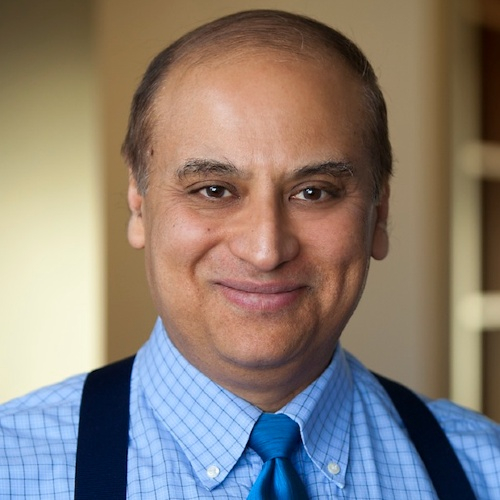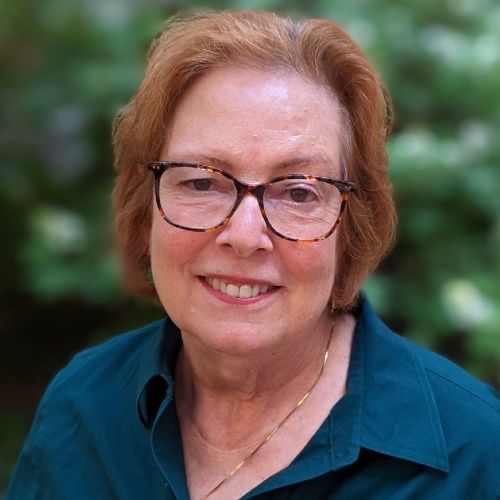A higher purpose as ‘arbiter of all business decisions’
- August 20, 2019
- By Jill Young Miller
- 4 minute read

The president of an energy company was not a believer in a business entity being able to have a higher organizational purpose … until he saw it work for others.
So he went back to his company and launched the initiative. It all started with a video that described the higher purpose of the company.
The company’s new video showed its people — from truck drivers to corporate officers — and described how their daily work affected the everyday life and well-being of their community, at every level.
The first workers to watch the video stood and applauded. The video captured the company’s new statement of purpose: “We serve with our energy, the lifeblood of communities and the engine of progress.”

Businesses can have a higher purpose. More than that, they should, finds research by WashU Olin’s Anjan Thakor and the University of Michigan’s Robert E. Quinn.
An organization of higher purpose is a social system in which the greater good has been envisioned, articulated and authenticated, they write in their just-released book “The Economics of Higher Purpose: Eight Counterintuitive Steps for Creating a Purpose-Driven Organization.”
Published August 20, the book expands on the authors’ 2018 Harvard Business Review article. For that piece, they interviewed more than 35 CEOs and other leaders over two years. And they talked with many more for the book.
“The Economics of Higher Purpose,” from Berrett-Koehler Publishers, is organized into two parts. The first examines theories that govern organizational behavior. The second shifts from theory to practice: It offers eight steps drawn from the authors’ research and interviews with leaders of higher-purpose organizations.
Practical implications
“The steps are to help leaders discover their organizations’ purpose and imbue the organization with it”, said Thakor, the John E. Simon Professor of Finance, director of the PhD Program, and director of the WFA Center for Finance and Accounting Research at Olin.
Purpose has practical implications for a company’s financial health and competitiveness, Thakor and Quinn report. People who find meaning in their work give it their energy and dedication. They grow rather than stagnate. They do more, and they do it better.
“We like to emphasize that a higher purpose is something that transcends your usual business goals, but it also intersects with those goals,” Thakor said.
“The higher purpose becomes the arbiter of all business decisions,” he said. “It has to become the lens through which every decision is viewed.”
Like all organizations, an organization of higher purpose is a cauldron of conflict. Yet people find meaning in their work and in their relationships despite the conflicts, Thakor said. They share a vision and are fully engaged.
In an organization of higher purpose, people interact with one another with respect and engage in constructive confrontation. Trust is continually repaired, and conversations are authentic. The people have a win-win mentality, and positive peer pressure emerges to support high levels of collaboration, the authors discovered. Leadership not only flows from the top down, but it also emerges from the bottom up. Employees believe they work in an organization of excellence.
The paradox
As a consequence of adopting a higher purpose, the organization often makes short-term economic sacrifices but benefits from long-term economic gains.
“The paradox of organizational higher purpose is that it actually does improve financial and economic performance but only if you don’t do it primarily for that reason,” Thakor said. If purpose is undertaken solely for economic gain, it loses authenticity and credibility, and fails to produce positive economic outcomes.
Perhaps the most important finding of the authors’ research is the importance of the authenticity. If the purpose is just a PR gimmick, like a slogan printed on posters and plastered on walls, employees will see right through it, Thakor said. “Everybody will look at it and say, ‘OK. Fine.’
That’s very different from what we’re talking about. This is about values you truly believe in and practice.
Anjan Thakor
Thakor and Quinn have been scholars of higher-purpose firms for a long time, and they set out to write the definitive book on it. They examined the theories that govern organizational behavior, some of which also are formally articulated in economics.
“We believe these conventional assumptions of economics are valid but incomplete,” Thakor said. “We offer a new logic that transcends the conventional assumptions and includes them.”
They show that higher purpose helps to resolve the classic principal-agent problem at the heart of microeconomics. They also explain why numerous books and articles on higher purpose have failed to gain traction in the workplace.
From theory to practice
How to bring this theory to practice? Here are eight counterintuitive guidelines, which are drawn from their research and interviews with leaders of higher-purpose organization:
- Envision a purpose-driven organization
- Discover the purpose
- Meet the need for authenticity
- Turn the higher purpose into a constant arbiter of all business decisions
- Stimulate learning
- Turn mid-level managers into purpose-driven leaders
- Connect the people to the purpose
- Unleash the positive energizers
“Although a higher purpose does not guarantee economic benefits, we have seen impressive results in many organizations,” Thakor said. “Our study and other research suggest positive results, both in operating financial performance and performance measurement.”
So purpose is not just a lofty ideal. It has practical implications for a company’s financial health and competitiveness, according to the book. Allowing people to find meaning in their work means they can grow, do more, do better. Tap into that employee empowerment, and you can transform an entire organization.
This article is partially excerpted from the book “The Economics of Higher Purpose.”
Media inquiries
For assistance with media inquiries and to find faculty experts, please contact Washington University Marketing & Communications.
Monday–Friday, 8:30 to 5 p.m.
Sara Savat
Senior News Director, Business and Social Sciences
